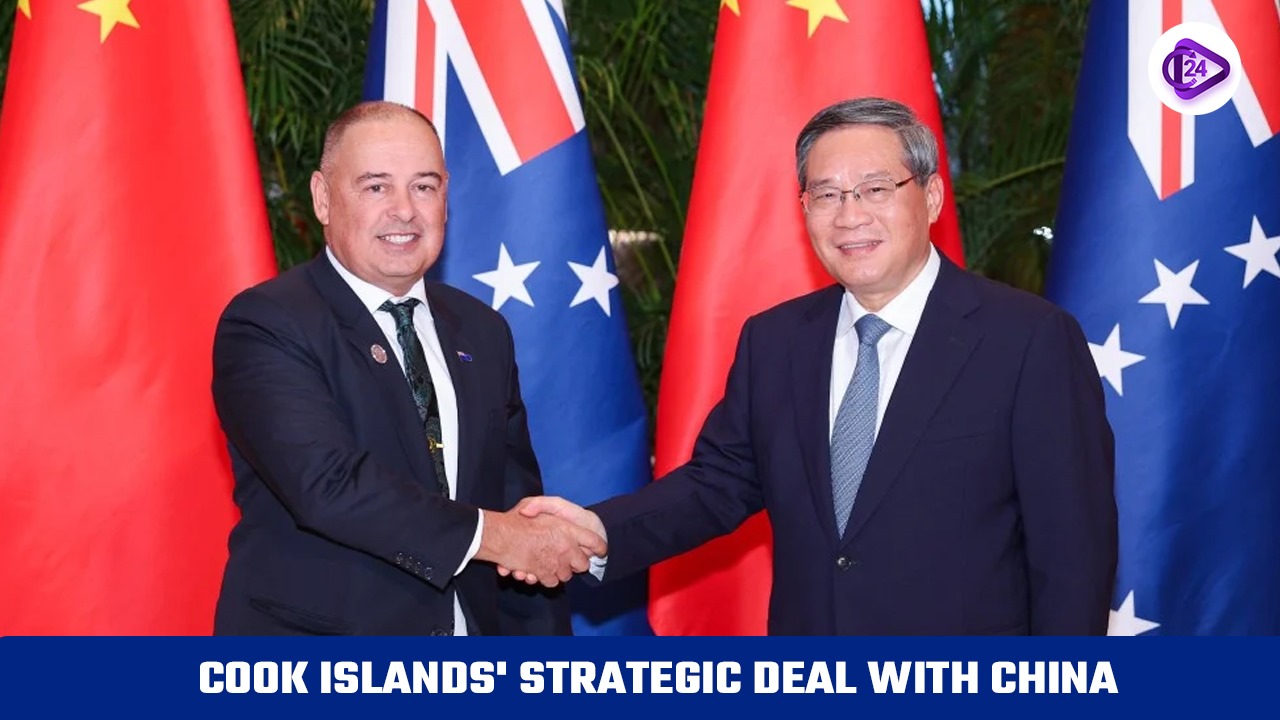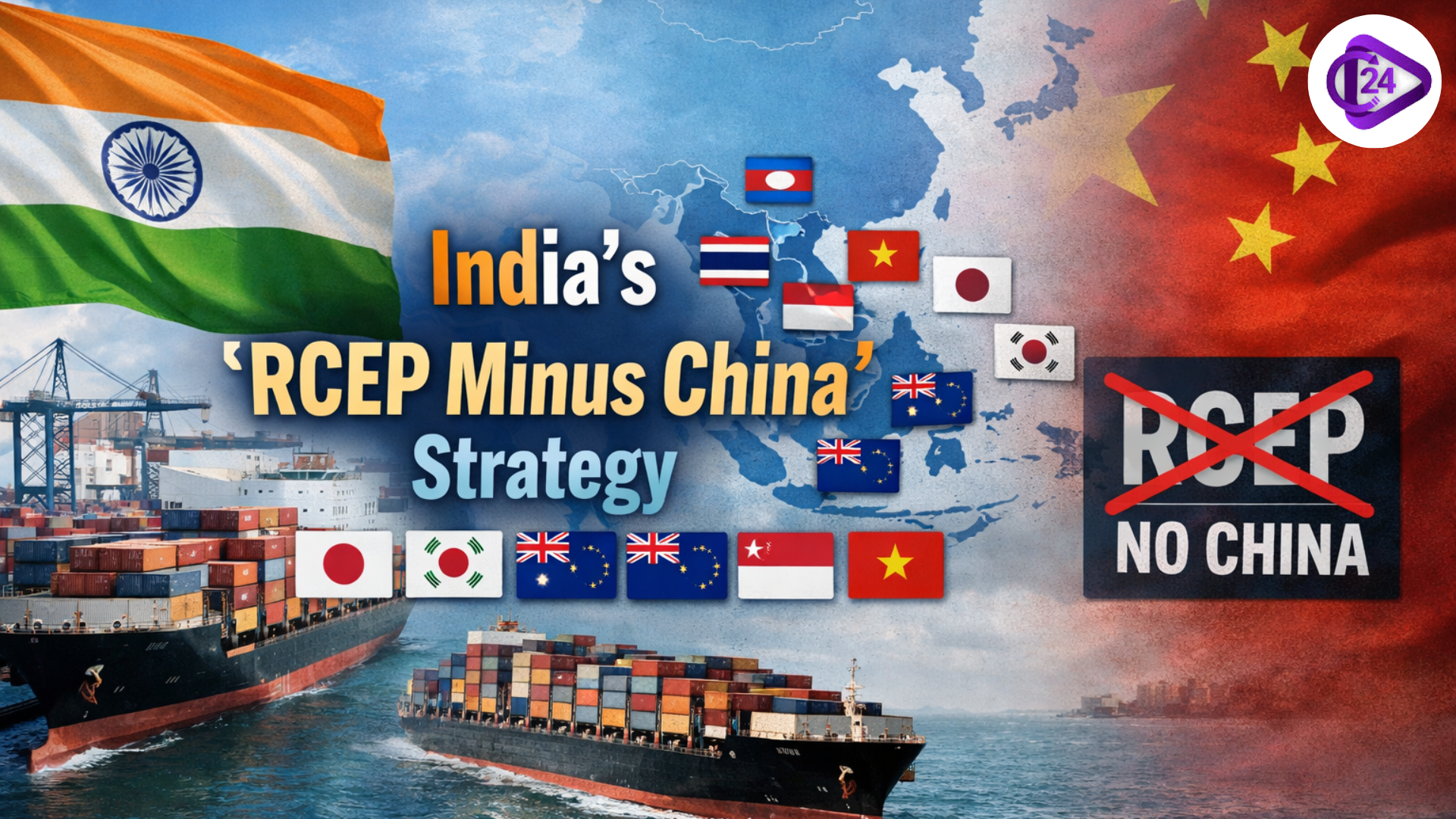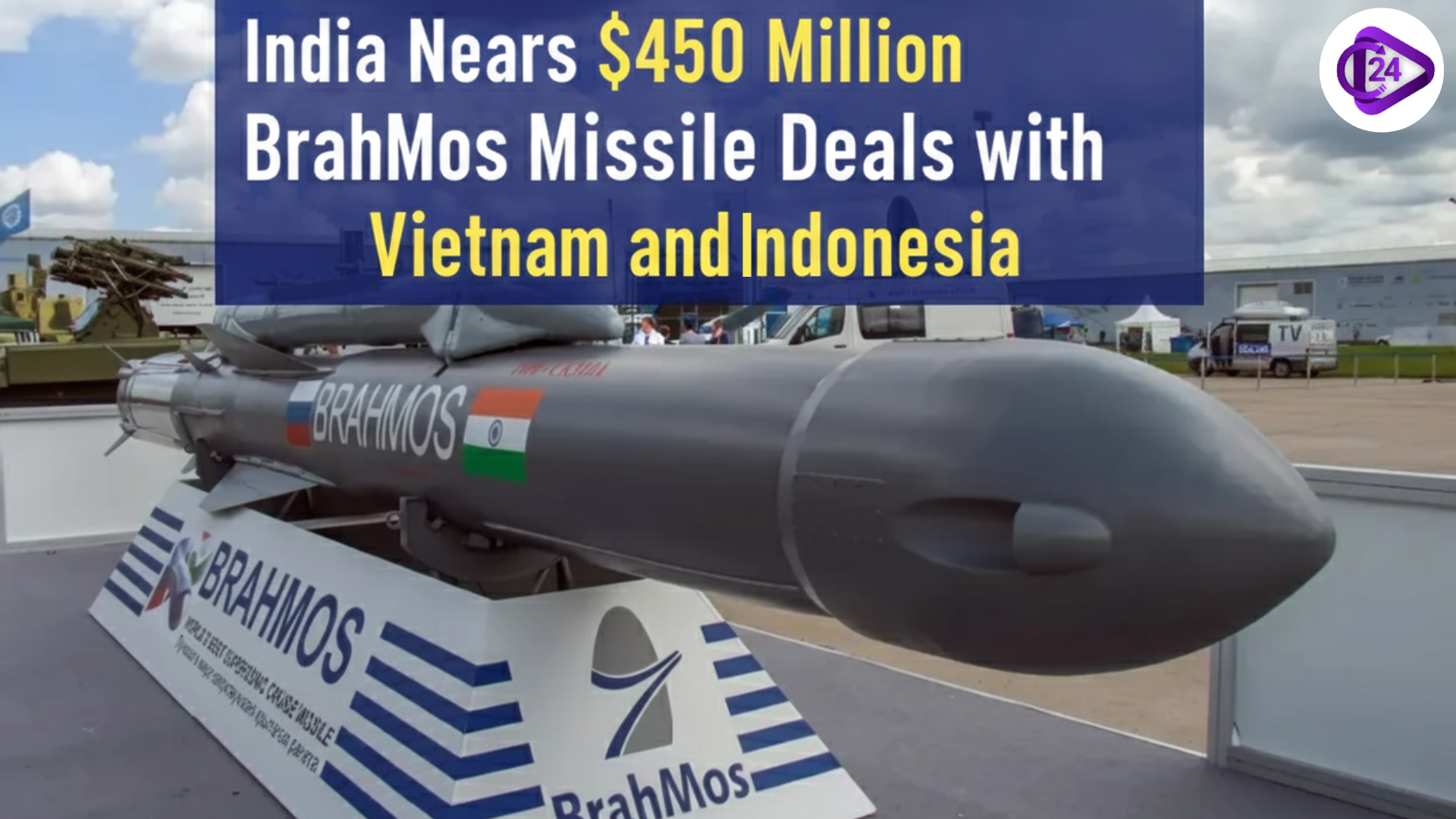
Through their strategic partnership with China the Cook Islands received complete coverage for trade development alongside investment opportunities along with infrastructure expansion as well as ocean research projects. The implementation of the agreement provides economic prosperity and increased seabed mineral exploration but creates geopolitical difficulties for New Zealand because it failed to advise the nation ahead of time. The New Zealand government worries that Chinese growing influence in the Pacific region will reduce its ability to lead in the Pacific area. The agreement produces problems regarding environmental consequences and diminishing national independence. This expansion by China has the potential to reshape Pacific strategic relations which Western countries now need to confront China's deepening control in the Indo-Pacific area.
Context
-
The Pacific nation of Cook Islands which governs itself with 17,000 citizens has established a detailed strategic agreement with China that addresses trade and investment together with infrastructure development as well as transportation systems and oceanic scientific collaboration.
-
The document was signed by Cook Islands PM Mark Brown together with Chinese Premier Li Qiang in Harbin.
-
Through its free association with New Zealand the Cook Islands receives budget support together with New Zealand's provisions of foreign affairs and defense assistance.
Key Developments
-
Through this strategic partnership Cook Islands and China will collaborate using a framework in both economic and scientific domains.
-
The Cook Islands engaged in discussions with Chinese research institutes because they wanted to investigate nickel and cobalt deposits found in deep-sea oceanic nodules.
-
New Zealand displayed apprehension about the accord because of insufficient prior consultation before its signing date.
Implications of the Agreement
-
For the Cook Islands:
-
The Cook Islands could enhance their development with more Chinese funding directed toward infrastructure improvement and increased trade activities.
-
Deep-sea research collaboration would allow nations to use seabed mineral resources through mineral exploration research.
-
The Cook Islands must find proper ways to sustain friendly connections between China and New Zealand simultaneously.
-
-
For New Zealand:
-
Because of its traditional alliance New Zealand faces declining power in the region.
-
The lack of consultation before the partnership forms doubts regarding the diplomatic relationship between the two nations.
-
-
For China:
-
The agreement functions as part of China’s initiative for growing Pacific influence to challenge Western involvement specifically targeting Australia New Zealand and the United States.
-
Economic Leverage: Potential access to natural resources like seabed minerals.
-
Challenges and Concerns
-
More active Chinese diplomatic and economic operations in the Pacific region increase tensions between Chinese authorities and Western countries.
-
Deep-sea mining operations in Cook Islands waters potentially pose severe ecological threats to the environment.
-
The economic dependence on China increases the likelihood of China exercising political influence over the country.
-
The third issue is regional stability since additional Pacific nations will copy these actions thus affecting Pacific geopolitical balances.
Broader Implications for the Indo-Pacific Region
-
Beijing’s Pacific initiatives uphold the goals of its Belt and Road Initiative (BRI) framework.
-
USA and Australia together with New Zealand might boost their counter-engagement operations in the Pacific region.
-
The Cook Islands model demonstrates potential for future China-Pacific cooperation through Pacific diplomacy.
Conclusion
-
China has stepped up its diplomatic presence in the Pacific through this alliance that establishes better positions throughout the Pacific area.
-
The correct approach demands economic prosperity without letting down sovereignty or national interests.



 US Launches Military Strikes on Venezuela, Trump Claims Maduro Captured
US Launches Military Strikes on Venezuela, Trump Claims Maduro Captured Bomb Cyclone: Understanding the Extreme Weather Phenomenon
Bomb Cyclone: Understanding the Extreme Weather Phenomenon Israel Recognises Trump with Peace Prize Following Florida Meetings
Israel Recognises Trump with Peace Prize Following Florida Meetings India's RCEP Minus China Strategy Explained
India's RCEP Minus China Strategy Explained China Opens World’s Longest Expressway Tunnel in Xinjiang
China Opens World’s Longest Expressway Tunnel in Xinjiang Russia Plans to Build a Nuclear Power Plant on the Moon by 2036
Russia Plans to Build a Nuclear Power Plant on the Moon by 2036 Trump Announces New ‘Trump-Class’ Battleships for US Navy
Trump Announces New ‘Trump-Class’ Battleships for US Navy China Overtakes OPEC+ as the Main Oil Price Maker
China Overtakes OPEC+ as the Main Oil Price Maker India Nears $450 Million BrahMos Missile Export Deals with Vietnam and Indonesia
India Nears $450 Million BrahMos Missile Export Deals with Vietnam and Indonesia Japan Restarts Kashiwazaki-Kariwa Nuclear Power Plant
Japan Restarts Kashiwazaki-Kariwa Nuclear Power Plant






